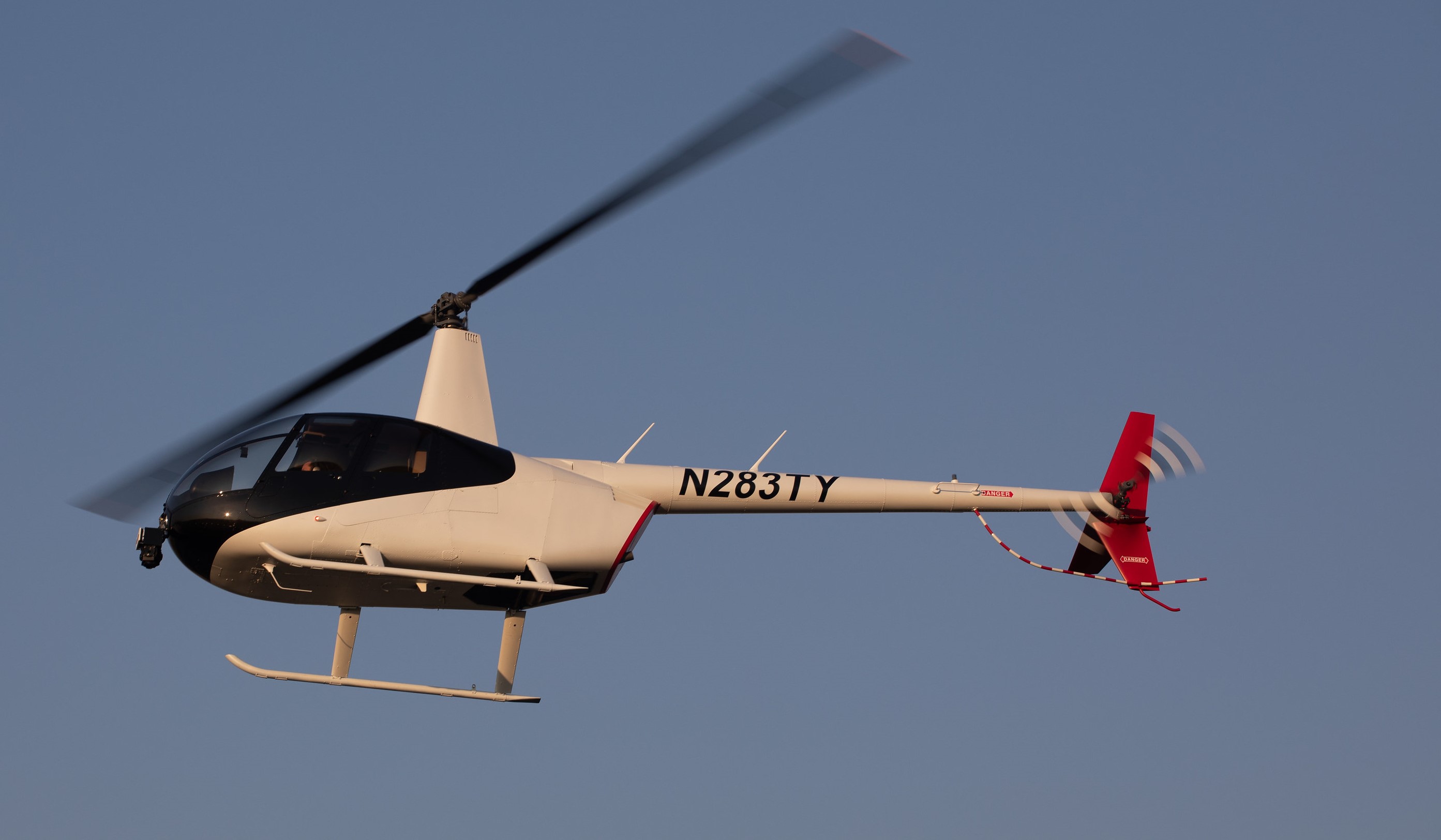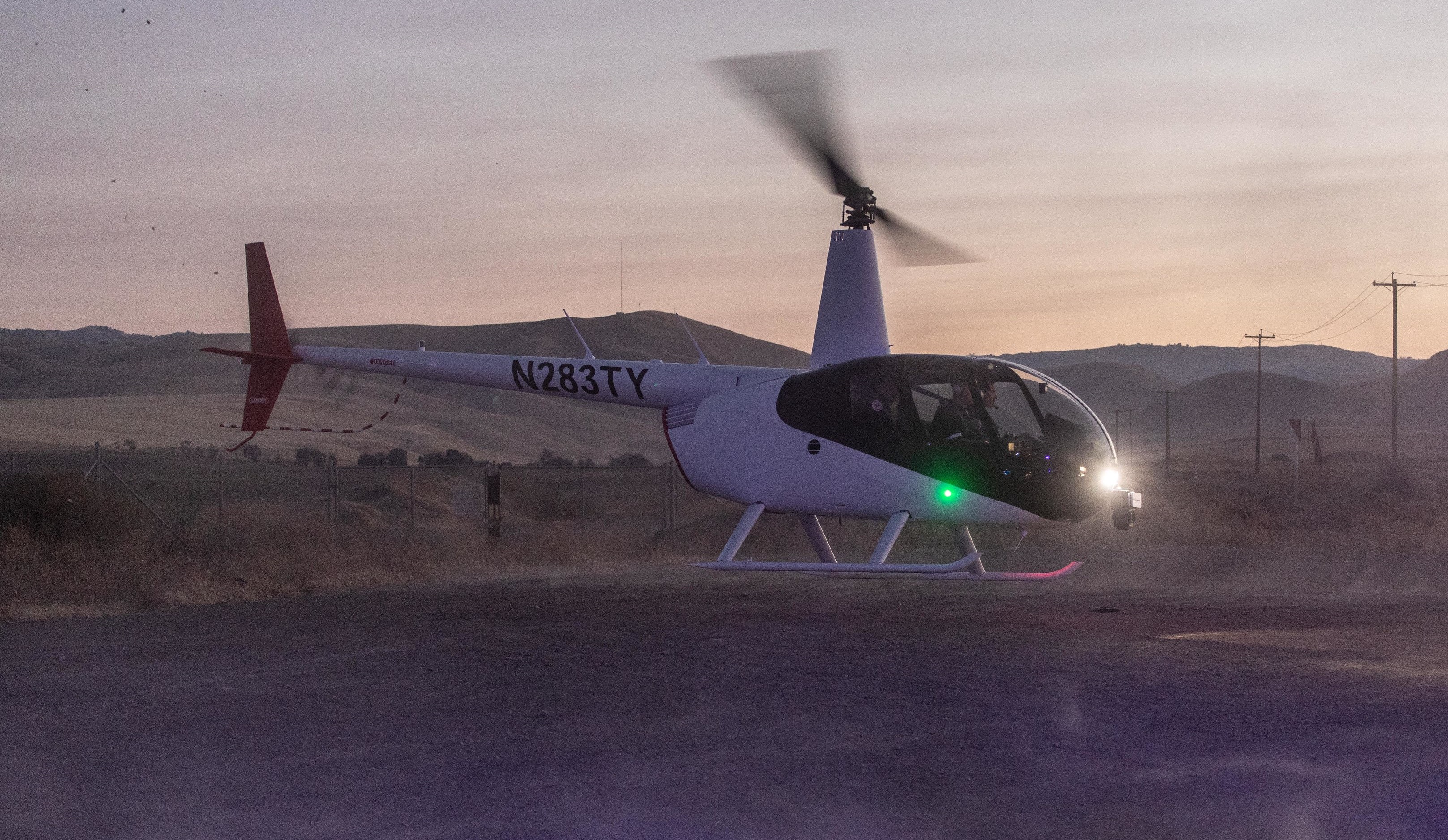Summary:
- US start-up SkyRyse has ambitions to be among those companies offering unmanned flying options to beat urban congestion;
- Acknowledging that it could be some time before realising this potential, it is using its technology to support first-responders to deliver emergency support;
- Its advanced pilot assistance system (APAS) combines Artificial Intelligence, a flight perception suite, and decision-making algorithms;
- Together they lessen the pilot's workload and could reduce human error, a leading cause of accidents in all modes of transportation.
Far from science fiction, the idea that cars and ground traffic jams could soon be replaced with flights that safely and quickly take us to where we want to be is becoming closer to reality. Californian business SkyRyse claims that every day its staff come to work and "take one more step to realising this future".
It has built an advanced pilot assistance system (APAS) that combines Artificial Intelligence, a flight perception suite, and decision-making algorithms. It is designed to lessen the pilot's workload and reduce human error, a leading cause of accidents in all modes of transportation, and to work with any FAA-approved vertical take-off and landing (VTOL) aircraft.
While it might be some time until we see unmanned passenger carrying flight, the company has taken developments in the motor industry to deliver a phased introduction of its technological developments. As a first stage in the innovation SkyRyse is using the assisted-flight technology for first-responders that will be used to speed up air emergency systems in the town of Tracy, California.
SkyRyse plans to begin operations in Tracy, California from January next year and will provide support to the city's emergency response units, including law enforcement, search and rescue missions, and firefighters. "Every year, billions of hours are wasted in traffic and spent following inefficient travel corridors, taxing our well-being and economic productivity," explains Mark Groden, CEO and co-founder of SkyRyse.
"We are building an air transportation service that is not limited by today's infrastructure. Because the stakes are highest in emergency response situations when minutes can mean the difference between life and death, we're launching SkyRyse Emergency Response to support governments and municipalities first, with plans to change how we get around our cities in the future," he adds.
SkyRyse's Air Emergency Response service is available to state and local governments to connect first-responders, law enforcement and firefighters with emergency scenes in minutes, regardless of location. The SkyRyse service will include FAA-approved VTOL aircraft equipped with its APAS, a mobile application and a network of highly trained pilots to safely transport emergency responders at what it claims will be speeds "four-times faster than ground response systems" and also "at a fraction of the price".
The start-up, based near Silicon Valley in Hayward, California, has already grown to a team of about 20 people who come from organisations including Space X, Boeing, Airbus, Ford, Tesla and NASA. It was founded back in 2016 by Mitch Adler and Mark Groden, the latter credited with inventing a unmanned aerial vehicle for the Air Force at just 15 years of age. It has already raised USD25 million in seed and Series A funding led by Venrock, with participation from Eclipse, Stanford University, Industry Ventures, Trucks VC, Cantos, and Engage Ventures.

